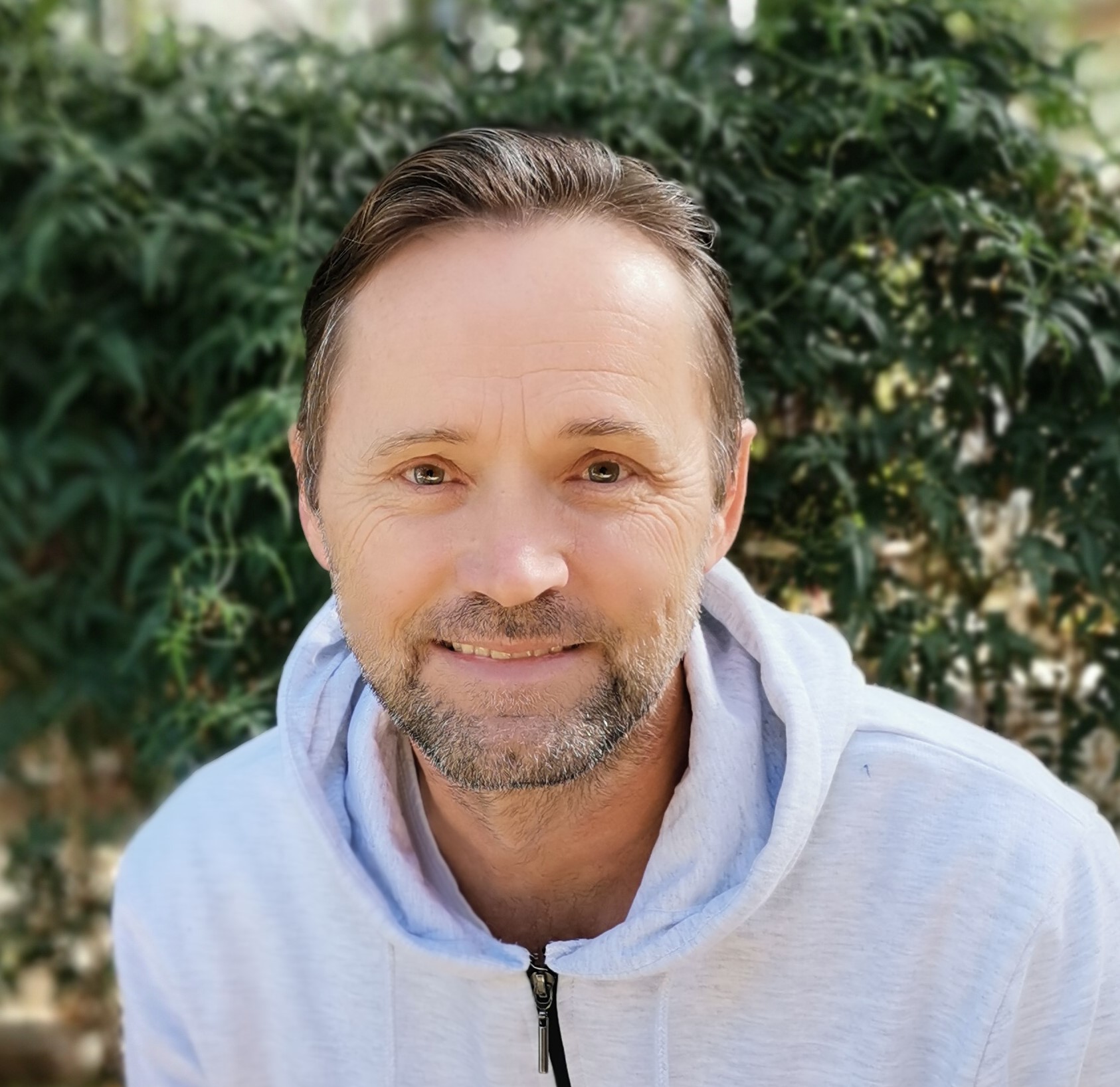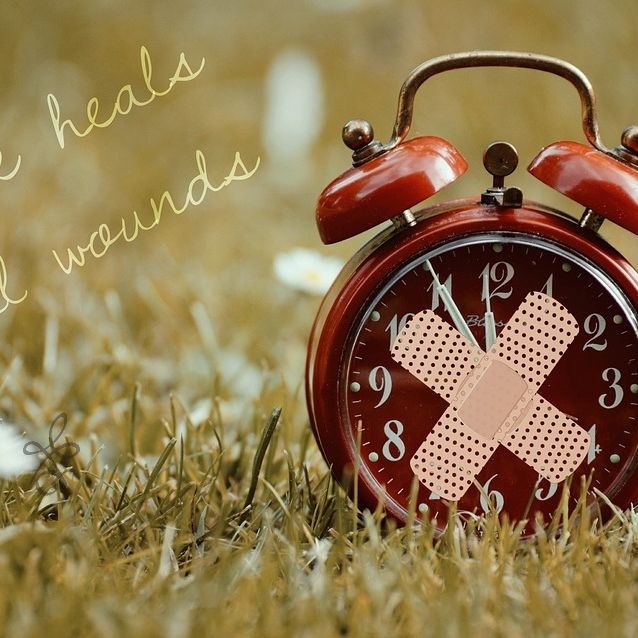Let’s consider some of the key “poisons of life”:
- Ignorance isn’t just a lack of knowledge; it’s a disconnection from our deeper selves. When we resist compassion - both for ourselves and others - we cut off a vital part of our humanity. Ignorance also manifests as stubborn resistance to new ideas or clinging to outdated beliefs, keeping us trapped in stagnation.
- Reflection on Ignorance:
- Do I truly understand my deeper self?
- Am I open to new ideas, or am I stuck in beliefs that no longer serve me?
- Do I allow compassion to guide my actions toward myself and others?
- How to Overcome Ignorance: Cultivate self-awareness through mindfulness practices, meditation, and introspection. Embrace a willingness to learn and adapt as part of your growth journey.
- Reflection on Ignorance:
- Greed arises from an overwhelming desire for excess - whether money, possessions, or status. This insatiable hunger for external gratification often leads to disappointment and emptiness. Greed keeps us from appreciating the abundance of “enough,” trapping us in a cycle of overindulgence.
- Reflection on Greed:
- Am I desiring more than I need?
- Do I seek happiness through external things, overlooking inner fulfillment?
- How often do I find gratitude in the present moment?
- How to Overcome Greed: Practise gratitude and contentment. Focus on appreciating what you have, recognising that lasting happiness comes from within.
- Reflection on Greed:
- Hatred is an intense hostility that arises from anger or fear, bringing with it aversion and resentment—toward others, situations, or even ourselves. When hatred takes root, it clouds judgment, prevents peace, and perpetuates division and pain.
- Reflection on Hatred:
- Do I harbour intense dislike toward others or myself?
- Am I holding onto resentment instead of releasing negative feelings?
- How do I respond to those who challenge my values or beliefs?
- How to Overcome Hatred: Cultivate forgiveness and empathy. Develop a practice of recognising the shared humanity in others and yourself, letting go of resentment for inner peace.
- Reflection on Hatred:
- Delusion is holding onto false beliefs even when evidence suggests otherwise. This self-deception leads to confusion, anxiety, and a refusal to accept reality. Delusion prevents us from achieving the clarity necessary for growth and understanding.
- Reflection on Delusion:
- Am I holding onto beliefs that no longer serve me?
- Do I resist reality, even when it’s clear?
- How does clinging to outdated notions affect my peace of mind?
- How to Overcome Delusion: Embrace truth and clarity through honest reflection and a willingness to confront uncomfortable realities. Seek clarity by questioning your assumptions and realigning with what is true.
- Reflection on Delusion:
- Fear is perhaps the most pervasive poison, seeping into nearly every aspect of life. Magnified by media, societal uncertainty, and personal insecurities, fear drives reactive decisions and clouds thoughtful responses, keeping us in a state of constant anxiety.
- Reflection on Fear:
- What am I consuming (news, social media, conversations) that amplifies fear?
- Are these sources benefiting me or heightening my anxieties?
- How can I shift my focus to what brings calm and clarity?
- How to Overcome Fear: Limit exposure to fear-driven media and focus on grounding practices such as deep breathing, mindfulness, and gratitude. Replace fear with trust in your resilience and ability to navigate challenges.
- Reflection on Fear:
Each of these “poisons” can take on a life of its own, growing within us and consuming our peace and joy. However, by pursuing self-awareness and mindfulness, we can replace these inner toxins with clarity, balance, and intention. This involves:
- Cultivating Knowledge: Understand yourself and the sources of your thoughts, emotions, and actions.
- Practising Contentment: Recognise the sufficiency of what you have and appreciate life’s simple joys.
- Embracing Truth: Let go of illusions and embrace reality with courage and clarity.
- Nurturing Compassion: Extend kindness to yourself and others, fostering healing and connection.
- Conscious Consumption: Choose what you consume - whether media, food, or ideas - with care and awareness.
Transforming the poisons of ignorance, greed, hatred, delusion, and fear into mindfulness and self-awareness is not just a path to personal well-being - it is a journey toward deeper connection with your true self and the world around you. As you reflect on these “poisons,” ask yourself: Where do they show up in my life, and how can I replace them with intentional, healing practices?
By recognising and confronting these inner toxins, you empower yourself to move closer to a life of peace, balance, and clarity.



 Poisons are substances that, when introduced into the body without treatment, cause illness, harm, or even death. They accumulate, leading to toxicity that weakens us over time. Toxins, in particular, are poisons produced by living organisms, which means they are active agents of contamination, polluting not only our physical health but also our mental and spiritual well-being.
Poisons are substances that, when introduced into the body without treatment, cause illness, harm, or even death. They accumulate, leading to toxicity that weakens us over time. Toxins, in particular, are poisons produced by living organisms, which means they are active agents of contamination, polluting not only our physical health but also our mental and spiritual well-being.
 Copyright 2009-
Copyright 2009-
Add comment